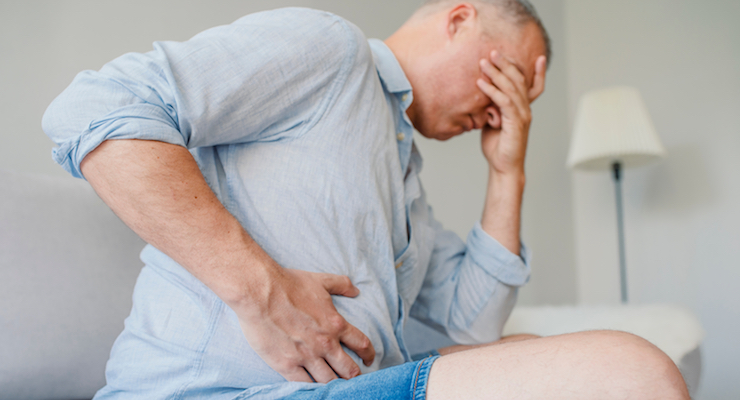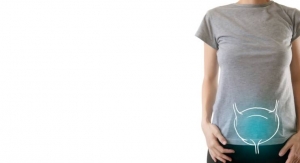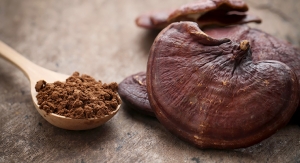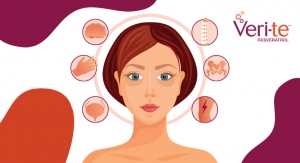05.14.20
Like many other toiletry supplies, the supply of adult diapers is facing a severe shortage as of late due to panic-buying behaviors associated with the COVID-19 pandemic. The adult diaper market, worth $28.65 billion, services tens of millions of U.S. residents who experience incontinence of some kind, caused by one or more factors including age and certain health conditions.
Manufacturers of disposable hygiene products have reported massive sales spikes over the past several weeks, driven by pandemic fears and emergency mandates. Reportedly, the initial phenomena of widespread toilet paper stockpiling was followed by consumers hoarding adult diapers on a large scale.
One U.S.-based adult diaper retailer, NorthShore Care Supply, reported a 250% spike in sales compared to last year in mid-March, and have since eliminated marketing campaigns, their two-day Amazon Prime shipment guarantees, and have imposed quantity limits on purchases. Many retailers have reportedly imposed purchasing limits on adult diapers, as well.
Like a recent spike in bidet sales seen in an apparent response to retail shortages of toilet paper (bidet brand Tushy experienced $1 million in sales in a single day), an apparent surge in consumers seeking adult diaper alternatives have either discovered and/or begun purchasing greater amounts of Urox, an herbal supplement shown in studies to decrease urinary incontinence, which won the 2018 NutraIngredients Nutrition Research Product of the Year Award.
“Our distributors are experiencing high demand for their products containing Urox,” Dr. Tracey Seipel, the founder/CEO of Seipel Group, the Urox supplier. “Our orders have increased 250% since March 1. Some are actually, as of today, temporarily sold out and asked if we can find a way to rush the most recent purchase orders. Fortunately, we understand the demand for Urox and secure our raw materials a year in advance.”
Urox was utilized in a randomized, double-blind, placebo-controlled trial in which an experimental group was administered daily supplementation for 8 weeks. 75% of the Urox group experienced decreased incontinence symptoms, reducing their diaper/pad usage to preventive, meaning that they used one or less diaper/pad per day. 95% of the placebo group remained dependent upon adult diapers.
The Urox group also reported 60% reductions in day urinary frequency and urgency, with some subjects reporting normal continence at eight weeks. In addition, Urox reduced nocturia (getting up to go at night) by half.
Manufacturers of disposable hygiene products have reported massive sales spikes over the past several weeks, driven by pandemic fears and emergency mandates. Reportedly, the initial phenomena of widespread toilet paper stockpiling was followed by consumers hoarding adult diapers on a large scale.
One U.S.-based adult diaper retailer, NorthShore Care Supply, reported a 250% spike in sales compared to last year in mid-March, and have since eliminated marketing campaigns, their two-day Amazon Prime shipment guarantees, and have imposed quantity limits on purchases. Many retailers have reportedly imposed purchasing limits on adult diapers, as well.
Like a recent spike in bidet sales seen in an apparent response to retail shortages of toilet paper (bidet brand Tushy experienced $1 million in sales in a single day), an apparent surge in consumers seeking adult diaper alternatives have either discovered and/or begun purchasing greater amounts of Urox, an herbal supplement shown in studies to decrease urinary incontinence, which won the 2018 NutraIngredients Nutrition Research Product of the Year Award.
“Our distributors are experiencing high demand for their products containing Urox,” Dr. Tracey Seipel, the founder/CEO of Seipel Group, the Urox supplier. “Our orders have increased 250% since March 1. Some are actually, as of today, temporarily sold out and asked if we can find a way to rush the most recent purchase orders. Fortunately, we understand the demand for Urox and secure our raw materials a year in advance.”
Urox was utilized in a randomized, double-blind, placebo-controlled trial in which an experimental group was administered daily supplementation for 8 weeks. 75% of the Urox group experienced decreased incontinence symptoms, reducing their diaper/pad usage to preventive, meaning that they used one or less diaper/pad per day. 95% of the placebo group remained dependent upon adult diapers.
The Urox group also reported 60% reductions in day urinary frequency and urgency, with some subjects reporting normal continence at eight weeks. In addition, Urox reduced nocturia (getting up to go at night) by half.




























